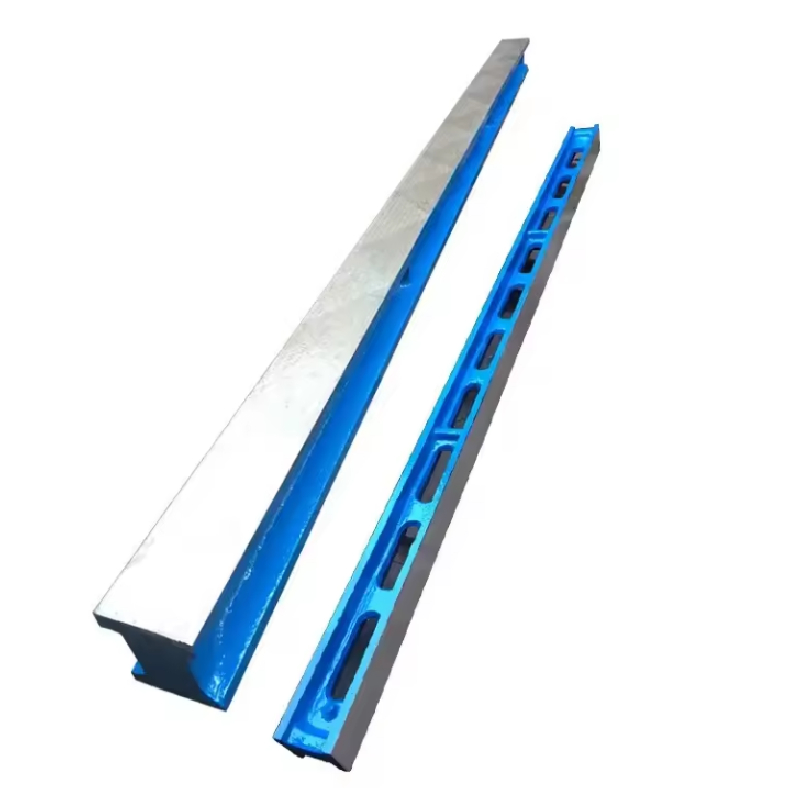செப் . 28, 2024 21:56 Back to list
2-Inch Gate Valve Specifications and Applications for Fluid Control Systems
Understanding the 2-Inch Gate Valve Design, Function, and Applications
Gate valves are essential components in various piping systems, playing a crucial role in controlling the flow of fluids. Among the different sizes available, the 2-inch gate valve is a standard choice for many industrial and commercial applications. This article will delve into the design, functionality, and applications of the 2-inch gate valve, highlighting its significance in fluid management systems.
What is a Gate Valve?
A gate valve is a type of valve that opens and closes by raising or lowering a gate within the valve body. It is designed to be fully opened or fully closed, allowing for minimal flow resistance when fully opened and complete shut-off when fully closed. The primary feature of a gate valve is its ability to provide a straight-line flow path with a minimal pressure drop, making it an ideal choice for applications where flow control is critical.
Design and Construction of a 2-Inch Gate Valve
A 2-inch gate valve typically consists of several key components
1. Body The body of the valve is usually made from materials such as brass, stainless steel, or cast iron, designed to withstand high pressure and corrosive environments.
2. Gate The gate is moved vertically within the valve body and usually features a wedge shape that allows for a tight seal when closed.
3. Bonnet This component houses the valve’s operating mechanism and provides access to the internal parts for maintenance.
4. Stem The stem connects the handwheel (or actuator) to the gate, translating the rotational motion of the handwheel into linear motion to lift or lower the gate.
5. Seals High-quality seals are crucial for preventing leaks when the valve is closed.
A 2-inch gate valve is generally designed to meet specific industry standards for pressure rating, often classified as Class 150 or Class 300, depending on the application requirements.
2 inch gate valve

Functionality of 2-Inch Gate Valves
The primary function of a 2-inch gate valve is to control the flow of fluids through pipelines. The operation of the valve is straightforward turning the handwheel raises the gate, allowing fluid to pass through the valve. When the handwheel is turned in the opposite direction, the gate descends, sealing the flow path and stopping the fluid from passing.
One of the significant advantages of using a gate valve is its ability to create a smooth bore with minimal turbulence, making it ideal for applications requiring a wide-open flow, such as in water supply systems, oil and gas pipelines, and wastewater treatment facilities. However, gate valves are not suitable for throttling applications due to their design, which can cause damage and lead to wear over time.
Applications of 2-Inch Gate Valves
The versatility of 2-inch gate valves allows them to be used in various industries, including
- Water Supply Systems Often used as isolating valves, allowing maintenance on pipelines without draining the entire system.
- Oil and Gas Industry Employed in pipelines and processing facilities, where controlling the flow of hydrocarbons is essential.
- Chemical Processing Used for controlling the flow of chemicals in various processes, ensuring safety and reliability.
- Fire Protection Systems Essential in fire suppression systems, gate valves are used to control water flow to fire hydrants and sprinkler systems.
Conclusion
The 2-inch gate valve is a vital component in fluid management systems across multiple industries. Its design allows for smooth flow control while providing a reliable shut-off feature. Understanding the specifications, functionality, and applications of a 2-inch gate valve can aid in making informed decisions regarding their deployment in your specific industry needs. With their robust construction and ease of use, 2-inch gate valves continue to be a favored choice for engineers and operators alike.
-
Why Metric Trapezoidal Thread is Ideal for Precision Motion ControlNewsAug.05,2025
-
The Unique Properties of a Block of Granite for Industrial UseNewsAug.05,2025
-
The Role of Flanged Y Strainers in Preventing Pipeline ClogsNewsAug.05,2025
-
The Importance of Regular Calibration for Master Ring GagesNewsAug.05,2025
-
How a Cast Iron Surface Table Enhances Accuracy in ManufacturingNewsAug.05,2025
-
Comparing Different Check Valve Types for Optimal Flow ControlNewsAug.05,2025
Related PRODUCTS









